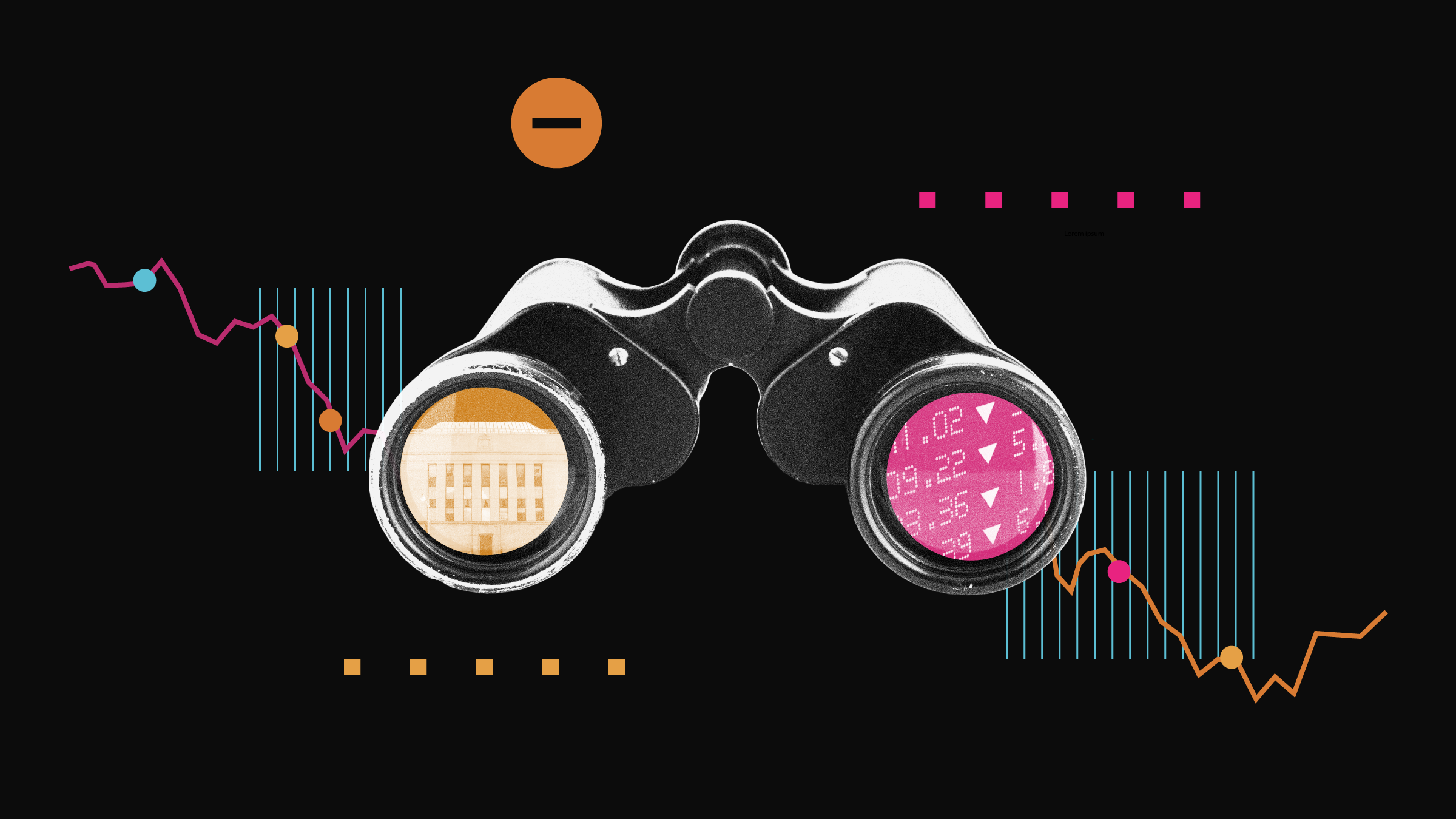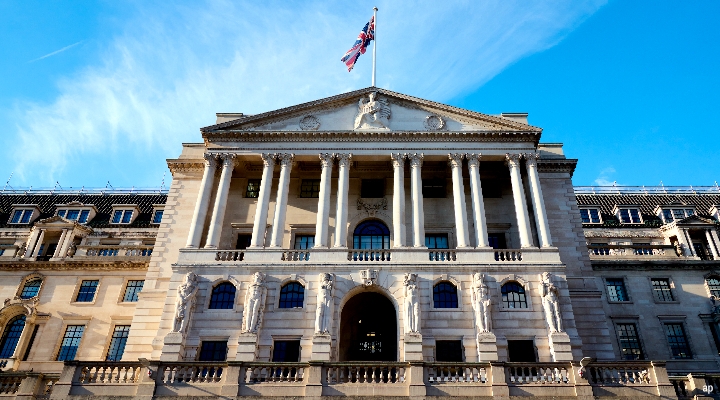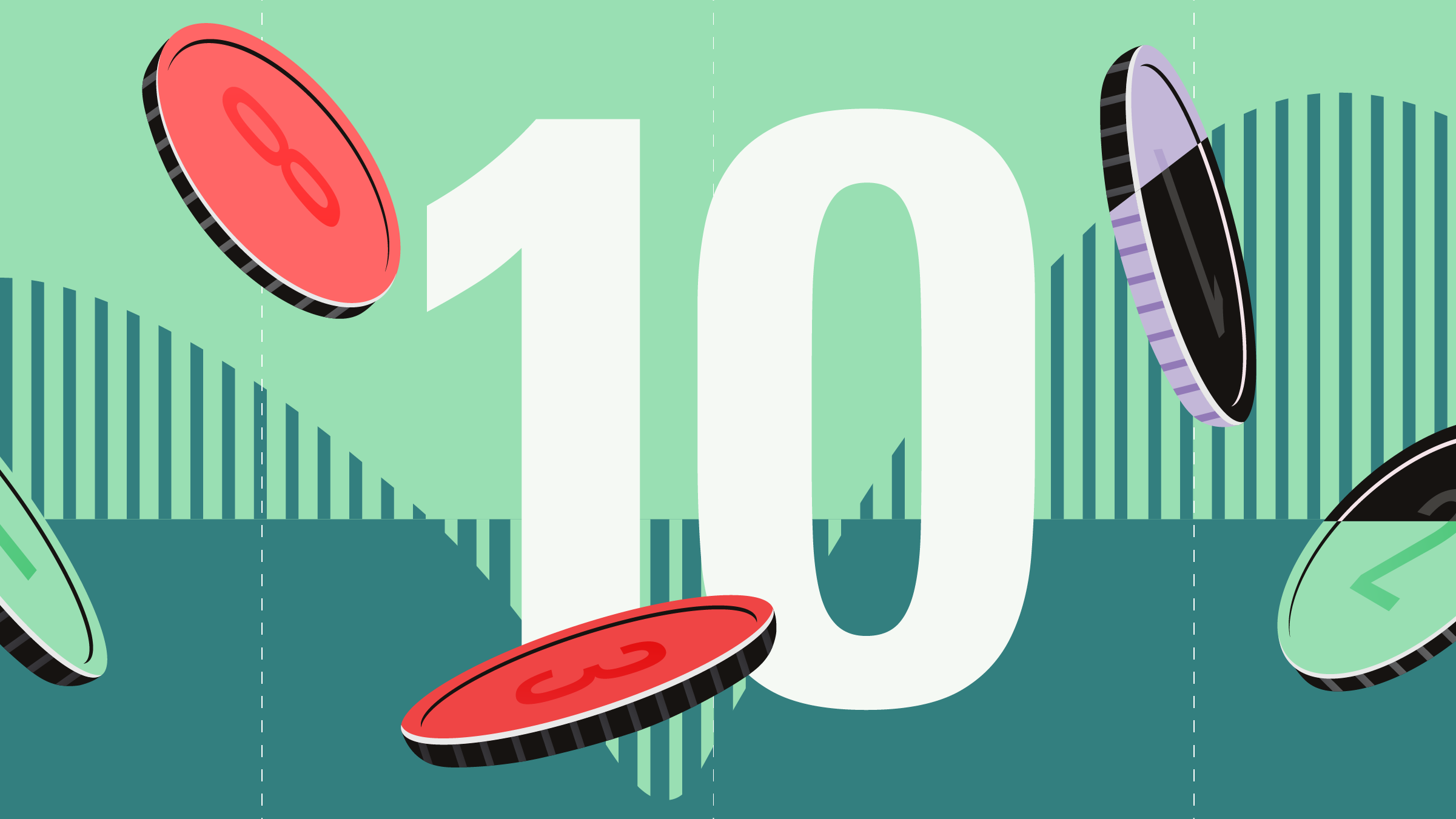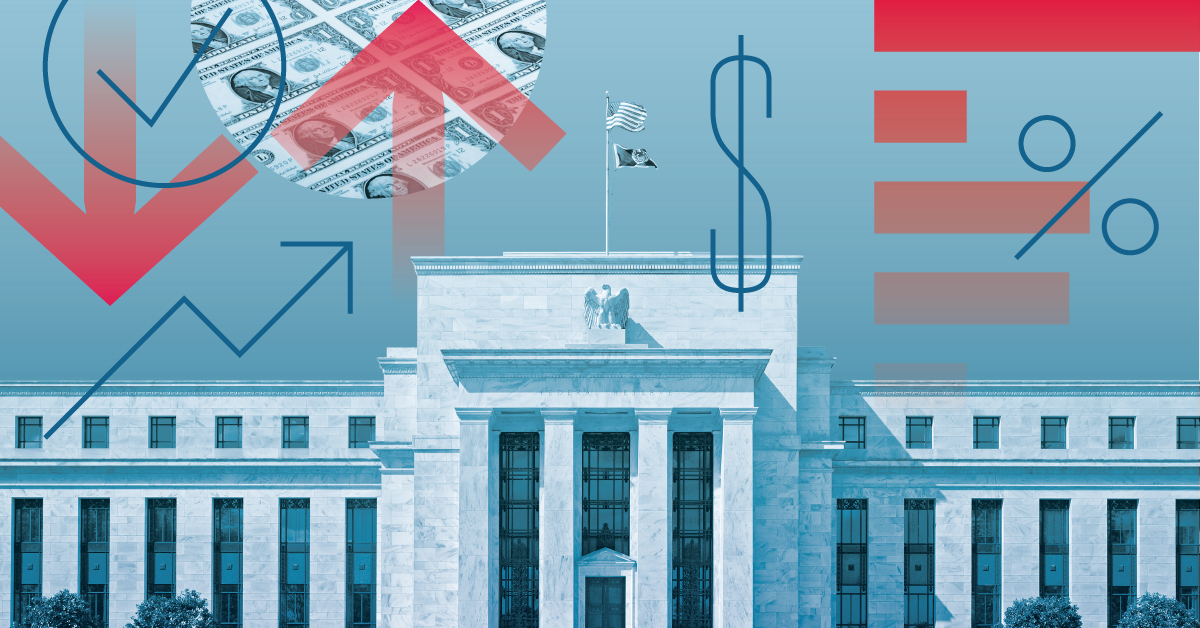This article is part of Morningstar's Guide to Passive Investing, helping investors make smart choices to meet their long-term investment goals.
How important is cost when it comes to investing? It is the difference between profit and loss; making a real post-inflation return on your cash, and ultimately meeting your money goals, be it a well-funded retirement, university fees or a deposit for a house.
Morningstar research has proven that fund fees – and the cost of investing as a whole – are the single most effective predictor of future returns. Not only do lower fees mean more of the fund’s gains goes to the end investor, but asset managers committed to lowering costs is a good thing. Think about it – would you rather invest with a company that aligns its interests with its customers, and is committed to upholding good governance or one that is not?
Price is one of the five pillars – or factors – which Morningstar fund analysts look at when determining a rating for a fund, along with performance, investment process, the fund manager and quality of the parent company. Each of the five pillars is given a positive, negative or neutral rating, compared to its peers.
Investing costs differ from asset classes – for example, it is easier to reduce costs when investing in large, liquid companies so you would expect a UK equity fund to have a lower annual fee than one investing in property, unlisted smaller companies or commodities.
Each of these five funds has a top Analyst Rating of Gold, Silver or Bronze, as well as a positive price rating, meaning that compared to its peers it is cheap.
Lindsell Train UK Equity
The Gold Rated Lindsell Train UK Equity is a good choice for long term investors looking for UK equity exposure. The fund has historically been priced competitively having been set up with an institutional share class only. To this end its total ongoing charge of 0.77% is significantly lower than that of the category median at 1.61%.
Morningstar fund analysts believe Lindsell Train UK Equity benefits from the stewardship of a seasoned and talented UK equity manager who has demonstrated a highly consistent approach.
Nick Train is an experienced manager who has run this fund since launch. He started his career as an investment manager at GT Management in 1981 and established Lindsell Train in 2000 together with his colleague Michael Lindsell. Train was appointed soon afterwards to run Finsbury Growth and Income, a closed-end fund managed to the same mandate as this fund.
Veritas Global Focus
The Gold Rated Veritas Global Focus remains amongst the strongest offerings in its sector, according to analyst Muna Abu-Habsa. The retail share class ongoing charge of 1.13% is well below the Global Large-Cap Blend Equity Morningstar Category average.
The fund’s standout characteristic is the extent to which the managers aim to deliver real returns to investors. Indeed, preservation and growth of capital are considered to be of more importance than benchmark risk, and the portfolio is managed with little regard to an index.
The managers use a thematic framework to help identify global industries that they believe will benefit from long-term structural drivers. This is then overlaid with the search for companies with durable competitive advantages and strong, sustainable cash flows. In every investment made, they seek to understand the margin of safety built into the price they pay.
Woodford Equity Income
The Silver Rated Woodford Equity Income fund has an ongoing charge of 0.75%. Morningstar analysts find the fund competitively priced and commend the group's efforts to simplify and add transparency to the fund's fee structure.
A change in the structure in April 2016 saw fund-related expenses absorbed into the fund’s asset management company, with all research costs borne by the company rather than by the fund, explains analyst Peter Brunt. The only charges that investors are exposed to outside of the ongoing charge are taxes such as stamp duty and dealing commissions, which are incurred by all funds when shares are traded for a portfolio.
The ongoing charge of the fund's clean share charge is 0.75%, but the Z share class available through platform Hargreaves Lansdown has an ongoing charge of 0.65%. This compares favourably relative to 0.89% of the clean share class category average.





























